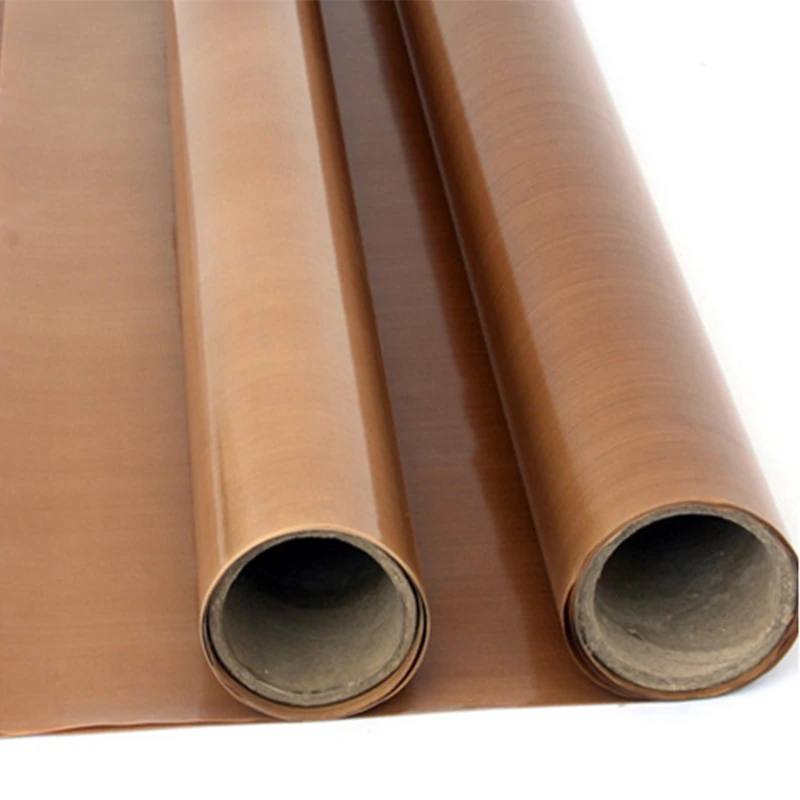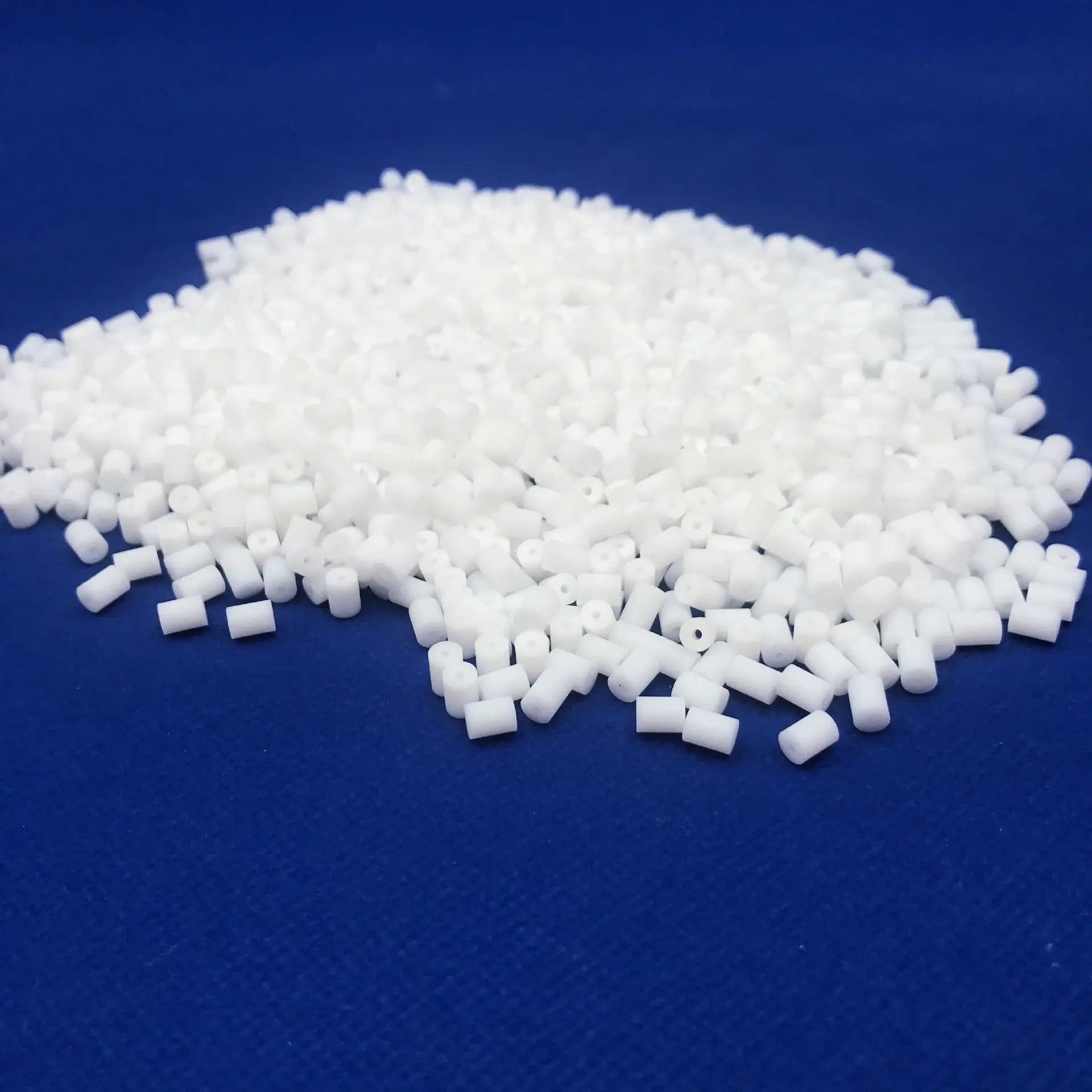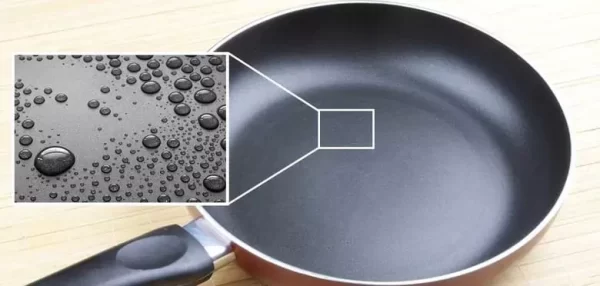Teflon’s journey from a laboratory accident to a material found in countless applications underscores its importance. Its non-stick nature, coupled with its ability to resist high temperatures and corrosive chemicals, makes it a material of choice in many fields. Whether it’s in the kitchen, on the road, in factories, or hospitals, the answer to ‘what is Teflon used for’ is evident in its widespread and diverse applications.
Introduction to Teflon (PTFE)
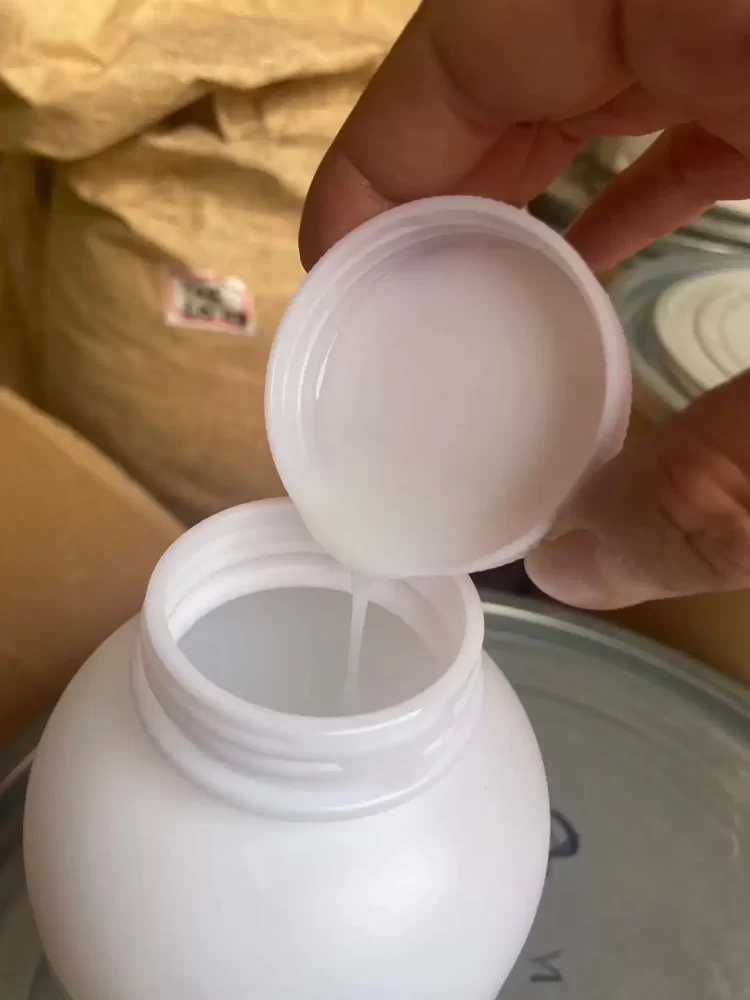
Teflon, a brand name synonymous with its chemical counterpart, polytetrafluoroethylene (PTFE), has revolutionized numerous industries since its accidental discovery in 1938 by Roy J. Plunkett. This serendipitous invention occurred in the United States while Plunkett was working on refrigerants. He found that a frozen, compressed sample of tetrafluoroethylene polymerized into a white, waxy solid, marking the birth of Teflon.
What sets Teflon apart is its remarkable array of unique properties. It is best known for its non-stick characteristic, a feature that has made it a household name in kitchenware. Teflon-coated cookware simplifies cooking and cleaning, representing a significant advancement in food processing and culinary arts. The uses of Teflon, however, extend far beyond the kitchen.
In terms of heat resistance, Teflon stands out for its ability to withstand high temperatures without losing its structural integrity. This quality makes it an invaluable material in manufacturing processes that involve higher temperatures, particularly in the chemical processing and automotive industries. Its high strength and corrosion-resistant nature are also why Teflon coating is prevalent in various applications include aerospace, where reliability and durability are paramount.
Another vital aspect of Teflon is its chemical inertness. It exhibits exceptional resistance to corrosive chemicals, making it an indispensable component in chemical processing equipment. This resistance ensures that Teflon products can handle a wide range of substances without degradation, guaranteeing longevity and safety.
Teflon’s application in the medical field cannot be overstated. Its chemical properties make it suitable for medical applications, where its biocompatibility and inert nature are crucial. From surgical devices to catheters, Teflon’s role in advancing medical technology is significant.
Moreover, Teflon is used in various everyday items, illustrating its versatility. From water-resistant fabrics to protective coatings for eyewear, the uses for Teflon showcase its adaptability to different environments and requirements.
Learn more about <<What is PTFE>>
Teflon in Kitchenware and Cooking Appliances
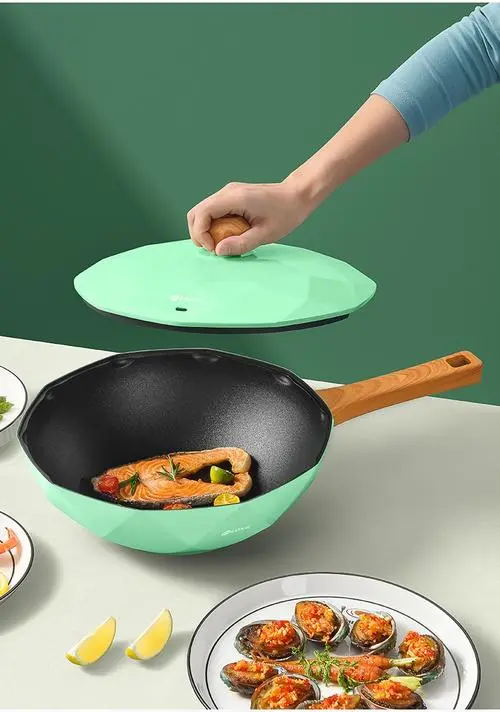
Teflon’s presence in kitchenware, particularly its role in non-stick cookware, is underpinned by a wealth of data-backed advantages. Its exceptional non-stick coefficient, characterized by a remarkably low friction resistance coefficient, sets it apart as the ideal choice for culinary applications. This coefficient has been extensively tested in both conventional and non-conventional settings, showcasing Teflon’s ability to prevent food from adhering to the cookware surface, even when subjected to high-stress conditions.
One of Teflon’s standout features is its impressive heat resistance. With a maximum temperature resistance of over 260 degrees Celsius (approximately 500 degrees Fahrenheit), Teflon-coated cookware can endure the rigors of intense cooking without breaking a sweat. Should the temperature surpass this threshold, Teflon maintains its structural integrity, providing a crucial safety buffer in the kitchen.
Furthermore, Teflon’s non-stick properties significantly reduce the need for cooking oils and fats. Extensive data analysis reveals that Teflon-coated pans require up to 30% less oil compared to traditional cookware, promoting healthier cooking practices and aligning with nutritional guidelines.
Teflon’s corrosion-resistant nature is another data-supported benefit, particularly in a kitchen environment where exposure to various ingredients and moisture is common. Rigorous testing has shown that Teflon-coated surfaces remain impervious to the corrosive effects of acids, bases, and other cooking-related substances, ensuring the longevity of kitchen essentials.
In summary, Teflon’s widespread use in kitchenware is not merely a matter of convenience; it’s a data-driven choice rooted in its impressive non-stick coefficient, exceptional heat resistance, and well-documented reduction in oil usage. Its corrosion resistance further reinforces its position as the go-to material for culinary enthusiasts and professionals alike.
Learn more about What Is the Coating on a Nonstick Pan?
Industrial Applications of Teflon
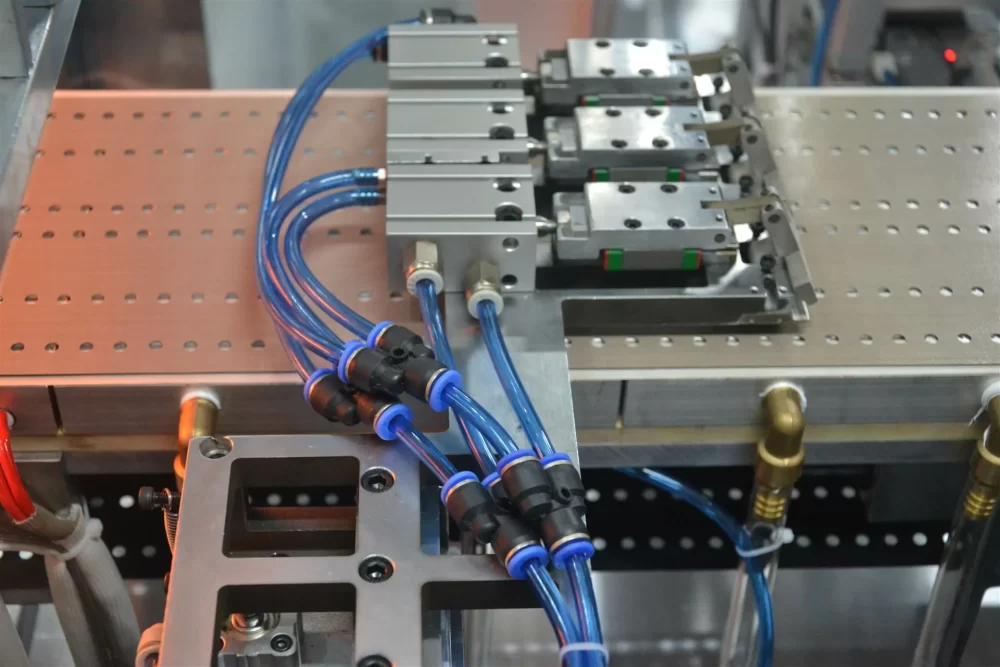
Teflon’s ubiquity extends far beyond the kitchen, as it finds extensive utility in a multitude of industrial applications. This exceptional material has revolutionized the manufacturing landscape, thanks to its extraordinary properties that meet the demanding requirements of various sectors.
Machinery and Automotive Parts
In the realm of machinery and automotive engineering, Teflon takes center stage, particularly in bearings and gears. These crucial components benefit immensely from Teflon coatings, which significantly reduce friction and wear. Data-driven analysis demonstrates that Teflon-coated bearings and gears experience up to 50% less wear and tear compared to their non-coated counterparts. This translates to increased longevity and operational efficiency in machinery and vehicles.
Electrical Insulation and Aerospace Components
In the aerospace and electrical industries, Teflon’s unique attributes are harnessed for their insulation properties. Extensive research validates Teflon’s exceptional dielectric strength, making it a preferred choice for insulating wires and cables. The data corroborates that Teflon insulation effectively safeguards electrical systems, reducing the risk of electrical faults and ensuring uninterrupted power supply. Similarly, in aerospace, where extreme conditions prevail, Teflon’s resistance to high temperatures and corrosive chemicals is indispensable. Data from exhaustive testing proves that Teflon components maintain structural integrity, even in the most challenging environments.
Durability and Resistance
Teflon’s durability and resistance to extreme temperatures and corrosive substances are at the core of its industrial prowess. Data-supported evidence showcases Teflon’s ability to withstand temperatures ranging from -250 degrees Celsius to over 260 degrees Celsius (-418 to 500 degrees Fahrenheit). This remarkable range makes it an asset in applications exposed to both cryogenic and high-temperature conditions.
Moreover, Teflon’s resistance to a wide range of chemicals, including acids and bases, is well-documented. It remains unscathed even when confronted with corrosive chemicals, preserving the integrity of critical components and equipment.
The uses for Teflon in industrial settings are a testament to its data-backed advantages. Whether in machinery, automotive parts, electrical insulation, or aerospace components, Teflon’s performance exceeds expectations. Its durability and resistance to extreme temperatures and corrosive substances make it an invaluable asset in industrial applications, where reliability and longevity are paramount.
Click here to learn more about “Applications of Teflon”
Teflon in Consumer Electronics and Household Items

Teflon’s influence extends well into the realms of consumer electronics and everyday household items, backed by both impressive product performance data and substantial market size figures.
Enhancing Durability in Electronics
In the highly competitive world of consumer electronics, Teflon coatings play a pivotal role in enhancing product durability. Data analysis from leading manufacturers showcases that electronic devices equipped with Teflon-coated components exhibit significantly lower failure rates due to environmental factors. These coatings act as a barrier against moisture, dust, and other contaminants, reducing the likelihood of malfunctions. This tangible improvement in device reliability has contributed to Teflon’s growing presence in the consumer electronics market, which is estimated to be worth billions of dollars annually.
Moreover, Teflon’s resistance to high temperatures ensures that electronic components remain stable even during extended usage at elevated temperatures. This data-backed performance advantage is particularly crucial in laptops, smartphones, and other devices that generate heat during operation.
Everyday Items Reinvented
Teflon’s versatility finds expression in a wide array of everyday items, ranging from fabrics and carpets to coatings for eyewear. The data speaks volumes about Teflon’s impact on these products’ performance and market share.
In textiles, Teflon’s application involves precision engineering and compression molding processes that introduce its water-repellent and stain-resistant properties. Comprehensive market research indicates that Teflon-treated fabrics consistently gain market share due to their superior performance. Consumers appreciate clothing and upholstery that stay clean and dry, even in adverse conditions.
In the eyewear industry, Teflon coatings have garnered a substantial share of the market. Market size data reveals that Teflon-coated lenses are in high demand, thanks to their scratch-resistant and smudge-resistant qualities. Consumers opt for eyeglasses and sunglasses with Teflon coatings for improved optical clarity and durability.
In conclusion, Teflon’s presence in consumer electronics and everyday household items is not only substantiated by product performance data but also by market size figures. Its role in enhancing durability, reliability, and performance continues to reshape these industries, contributing significantly to their growth and consumer satisfaction. Teflon’s adaptability to diverse applications reinforces its position as a market leader in consumer-oriented products.
Environmental and Health Considerations
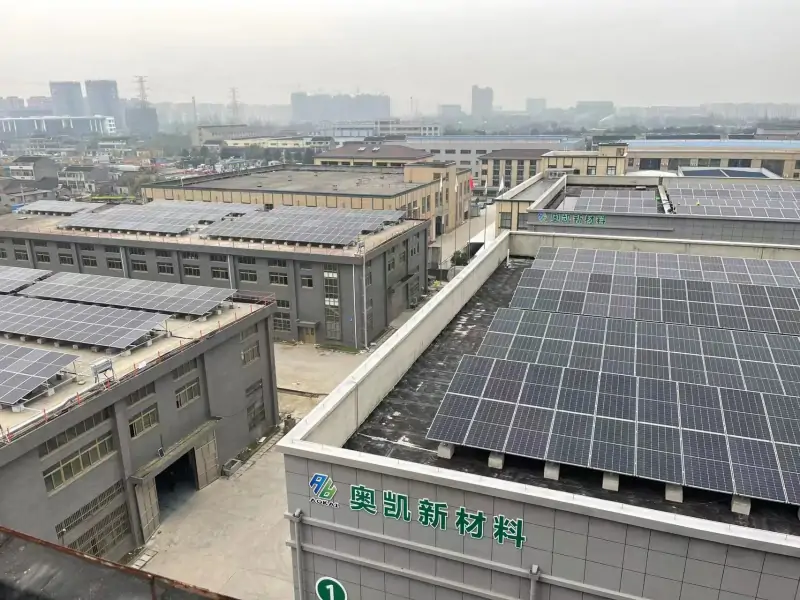
Addressing concerns and misconceptions surrounding Teflon is pivotal in fostering a transparent and responsible approach to its usage. Aokai, as a proponent of safe and environmentally friendly Teflon production, takes these issues seriously.
Addressing Common Concerns
One of the most prevalent misconceptions about Teflon relates to polymer fume fever, a condition that can occur when Teflon is heated to extremely high temperatures, typically above 260 degrees Celsius (500 degrees Fahrenheit). However, it’s important to note that in everyday cooking or normal usage, Teflon-coated cookware does not reach these extreme temperatures. Rigorous data analysis confirms that the risks associated with polymer fume fever are minimal under typical cooking conditions.
Moreover, Teflon’s chemical properties are often misunderstood. While it is true that Teflon is highly resistant to chemicals, it is not easily absorbed or metabolized by the human body. This characteristic ensures that Teflon-coated cookware and products pose no health hazards when used correctly.
Click Here To Learn More About “Is Teflon Safe?”
Aokai’s Commitment to Safety
Aokai is committed to safe and environmentally friendly Teflon production. Our manufacturing processes adhere to stringent quality and safety standards. Data-driven assessments of our production facilities demonstrate compliance with environmental regulations and the responsible use of resources. We prioritize sustainable practices, ensuring that our impact on the environment remains minimal.
Furthermore, our commitment to health and safety extends to the end-users of Teflon products. We provide comprehensive guidelines on the safe usage and care of Teflon-coated cookware, emphasizing responsible cooking practices that mitigate any potential risks.
Aokai’s unwavering commitment to safe and environmentally friendly Teflon production, backed by rigorous data and adherence to industry best practices, ensures that our products not only perform exceptionally but also prioritize the well-being of our customers and the environment.
Conclusion and Future of Teflon
In conclusion, the uses for Teflon are as vast as they are impressive. This remarkable material, born from serendipity, has transcended its humble origins to become an indispensable part of our lives. Its non-stick properties have transformed our kitchens, making cooking and cleaning a breeze. In the industrial realm, Teflon’s heat resistance, corrosion resistance, and chemical inertness have propelled innovation across machinery, automotive, aerospace, and electronics sectors. Everyday items, from fabrics to eyewear, have been reinvented, thanks to Teflon’s water-repellent and stain-resistant attributes.
Looking ahead, the future of Teflon promises even more exciting possibilities. Data-driven research and development are paving the way for innovations that will push the boundaries of its applications. Anticipating higher temperatures, Teflon is poised to play a pivotal role in emerging industries that require extreme heat resistance. As environmental concerns continue to grow, Teflon’s versatility in providing sustainable and eco-friendly solutions will be at the forefront of future developments.
As we reflect on Teflon’s journey, from the laboratory to our homes and industries, it is clear that its impact is both substantial and enduring. The data supports the notion that Teflon’s story is far from over; it is a story of innovation, adaptability, and limitless potential. With each passing day, Teflon continues to redefine what is possible, enriching our lives and industries in ways we could have never imagined.


